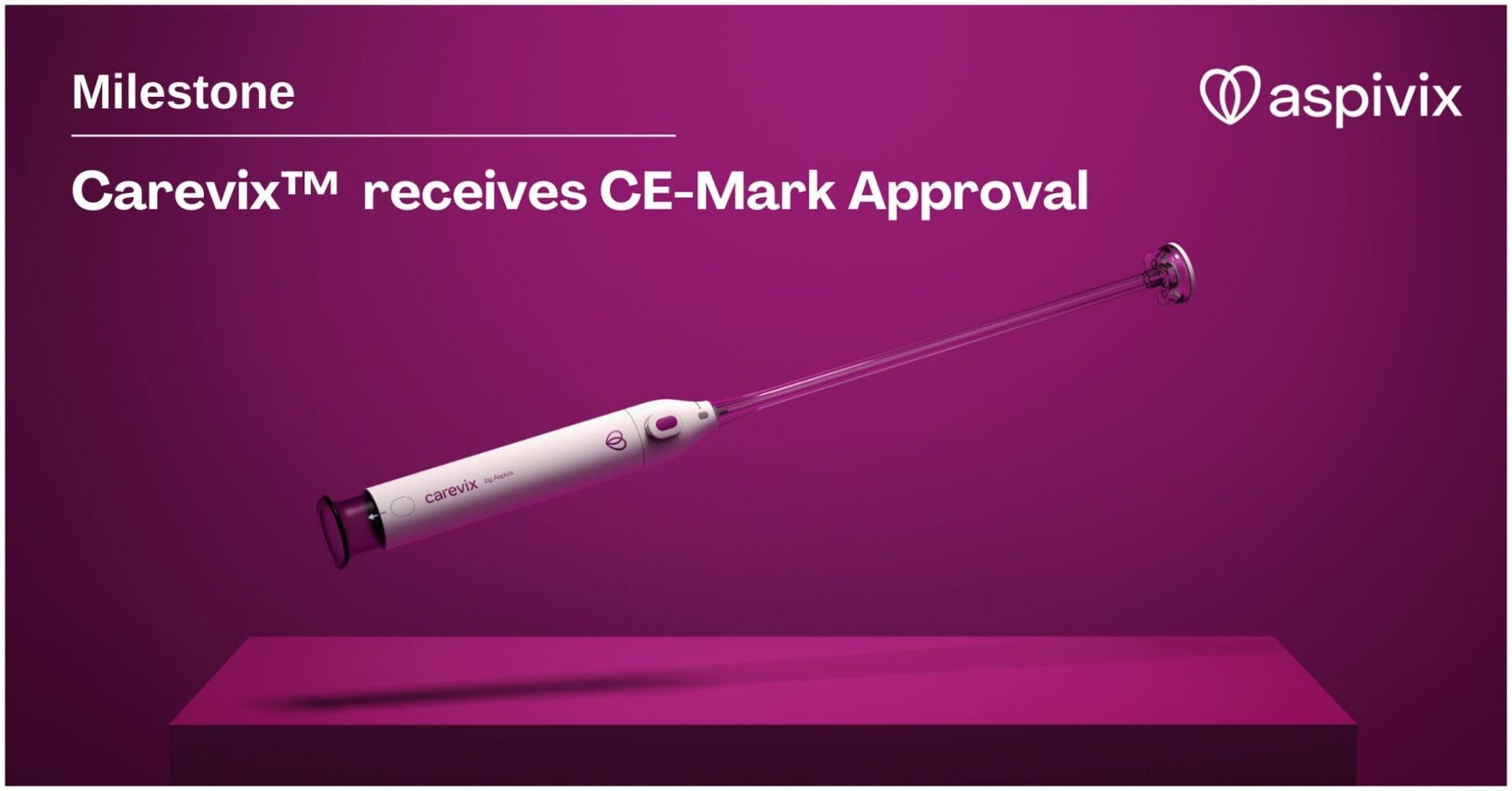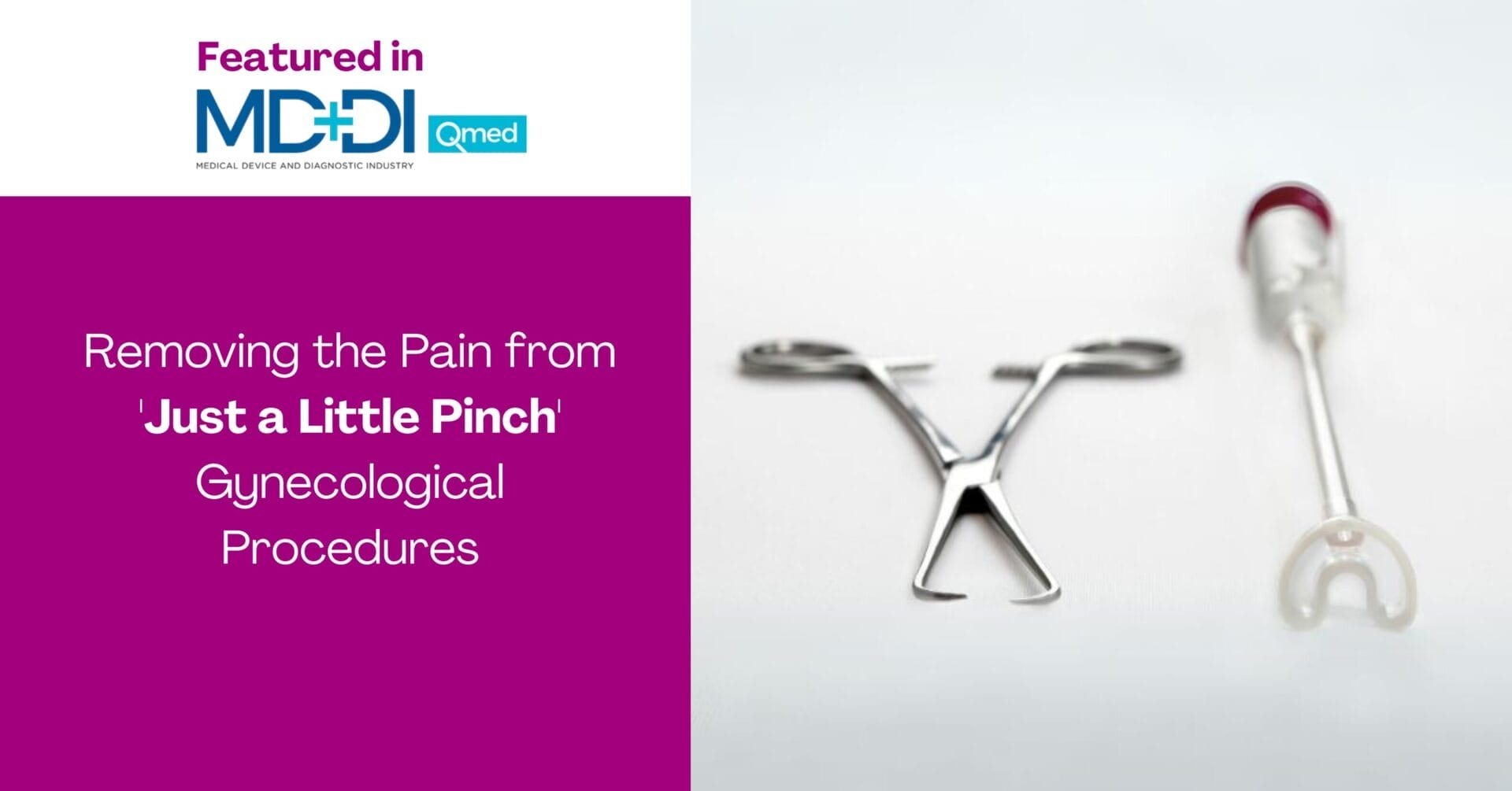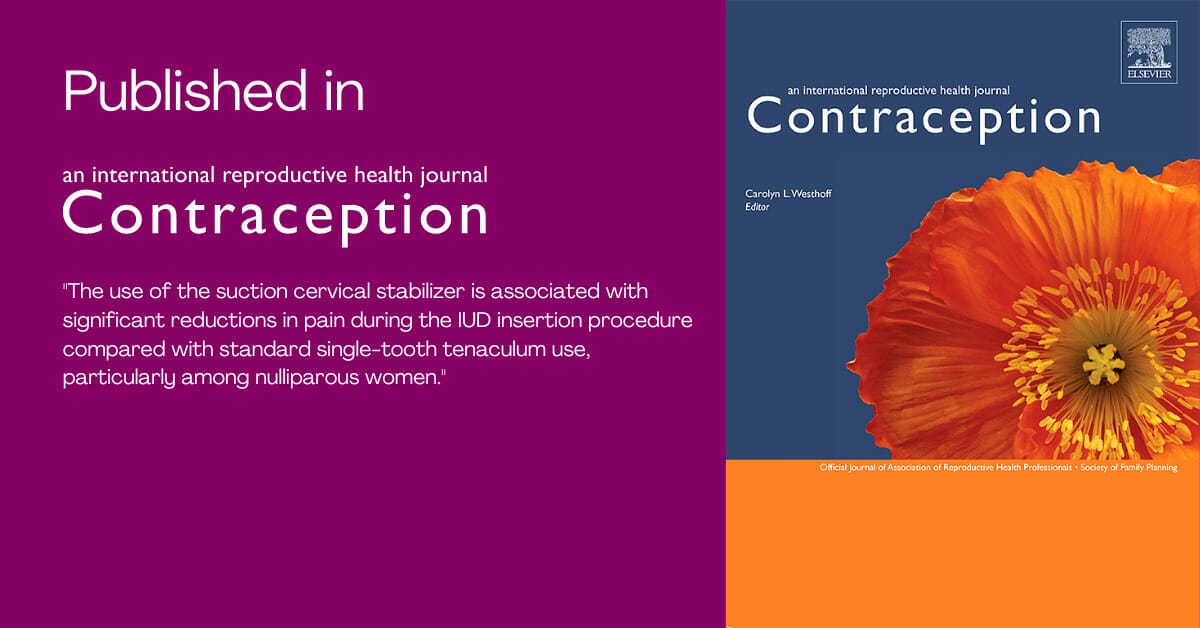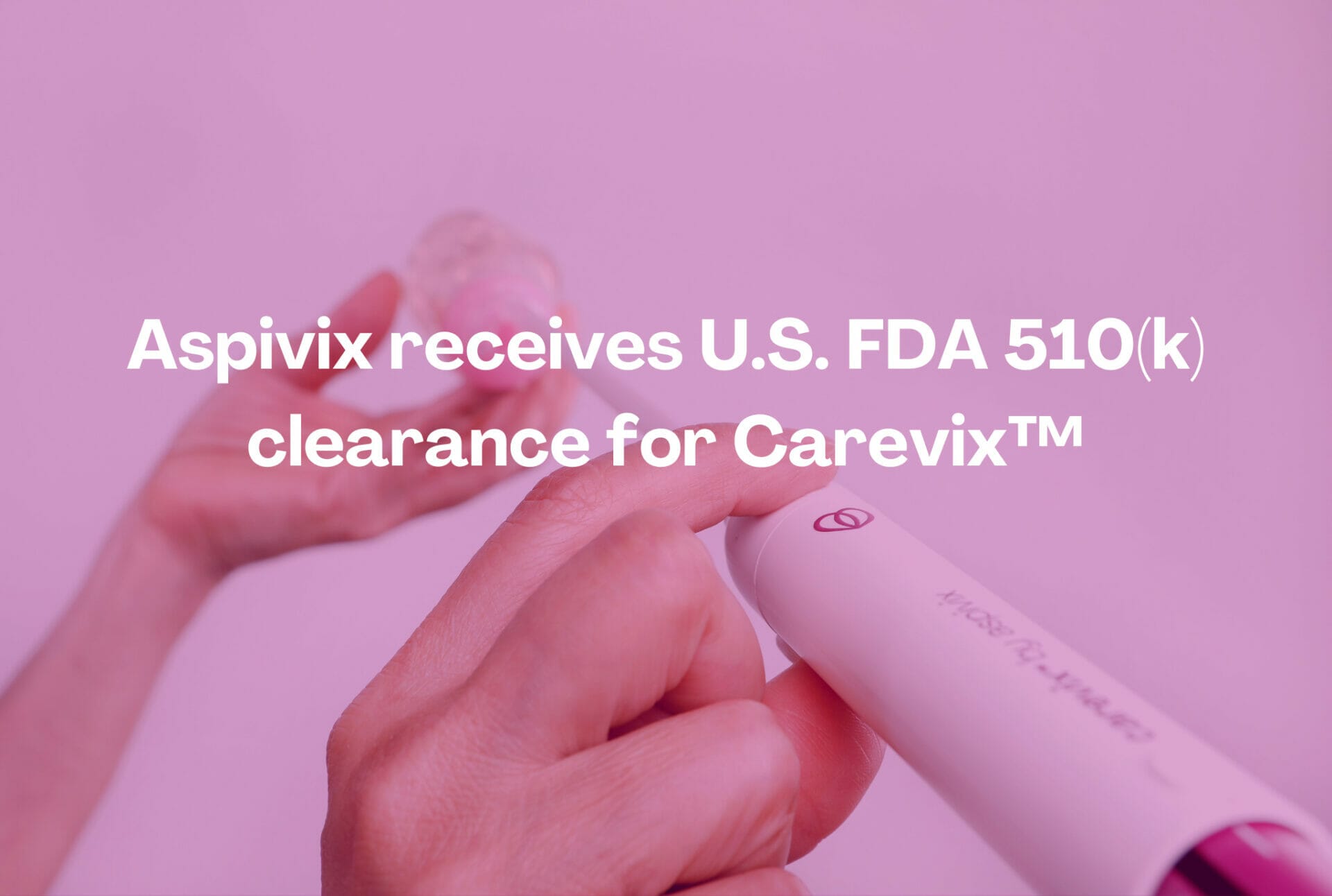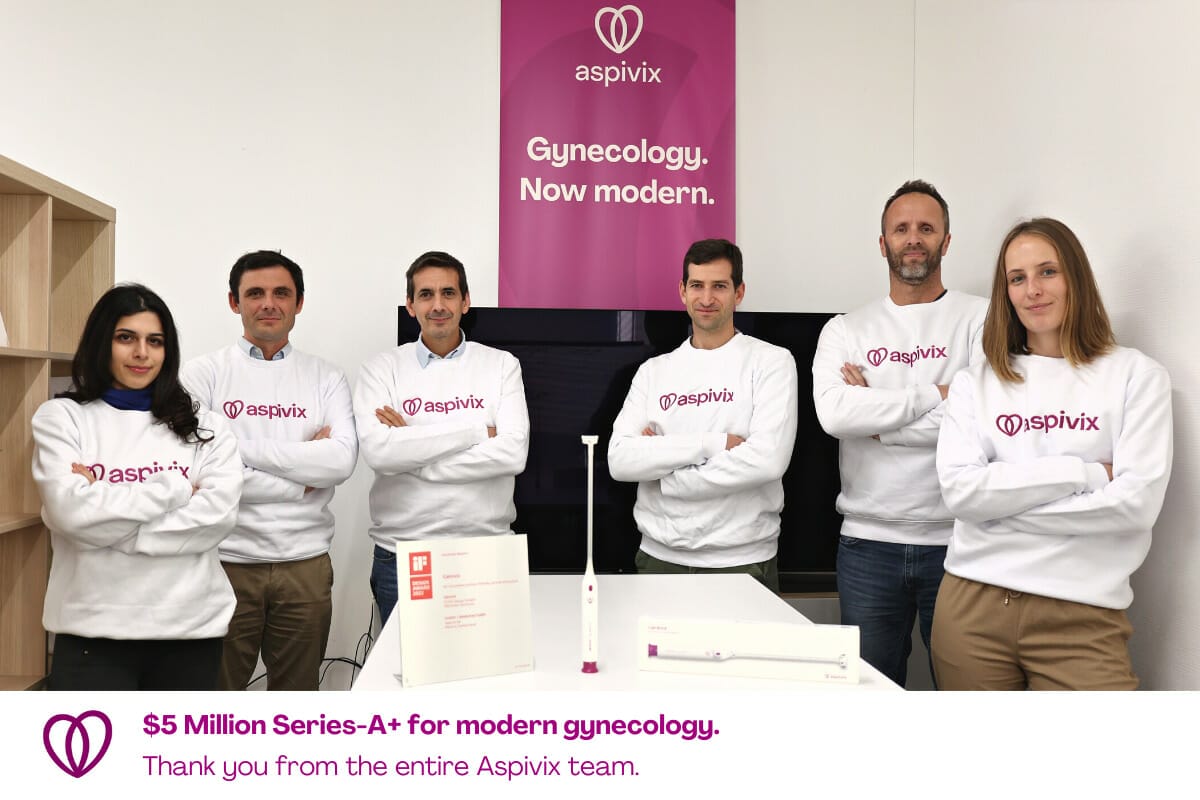
Teen Gynecology: The Fear of Unintended Pregnancies is a Global Concern
We recently sat down with Dr. Jacot-Guillarmod, an experienced gynecologist specialized in children and adolescents, at the CHUV – University Hospital in Lausanne.
During our conversation, we wanted to know more about her daily practice and the topics related to sexual and reproductive health that are top of mind for young girls in Switzerland.
At Aspivix, we found this conversation timely and relevant. If you are a young adult or have one in your life, we encourage you to take a read and please share your thoughts.
Why teen gynecology?
With close to 15 years of practice, Dr. Jacot-Guillarmod is the ideal expert to discuss gynecology in teenagers. After gaining her degree in Switzerland, she deepened her practice locally.
The decision to focus on a teen’s sexual and reproductive health came after a long consideration between pediatrics and gynecology, her two favorite specialties during medical school.
“The teenage gynecology was a perfect balance between gynecology and pediatrics.”
What is the main difference between teen and adult gynecology?
We started off our conversation by clarifying the main distinction between gynecology in adolescents and adults.
Dr. Jacot-Guillarmod explained that during adolescence, girls undergo significant hormonal, mental and physical changes that will impact the way a child enters the world of adulthood. During this phase, new experiences related to intimacy and sexual life are often a concern for young girls.
“At this stage, sexuality is an issue – it’s very important to provide guidance to minimize the risk that it can negatively impact their sexual health and future life.”
What are teens concerned about when they come to see you?
Teens come to her consultations with a wide variety of concerns:
- Sexuality – many girls want to find out how to have safe sex or how to avoid STDs (Sexually Transmitted Diseases).
- Menstruation – the first year of menses can be irregular, therefore girls want to better understand their cycles.
- Female Anatomy – “What is the good size of labia minora? Young girls are curious and want to understand their bodies.”
Fear of unintended pregnancy is universal among teen across the globe
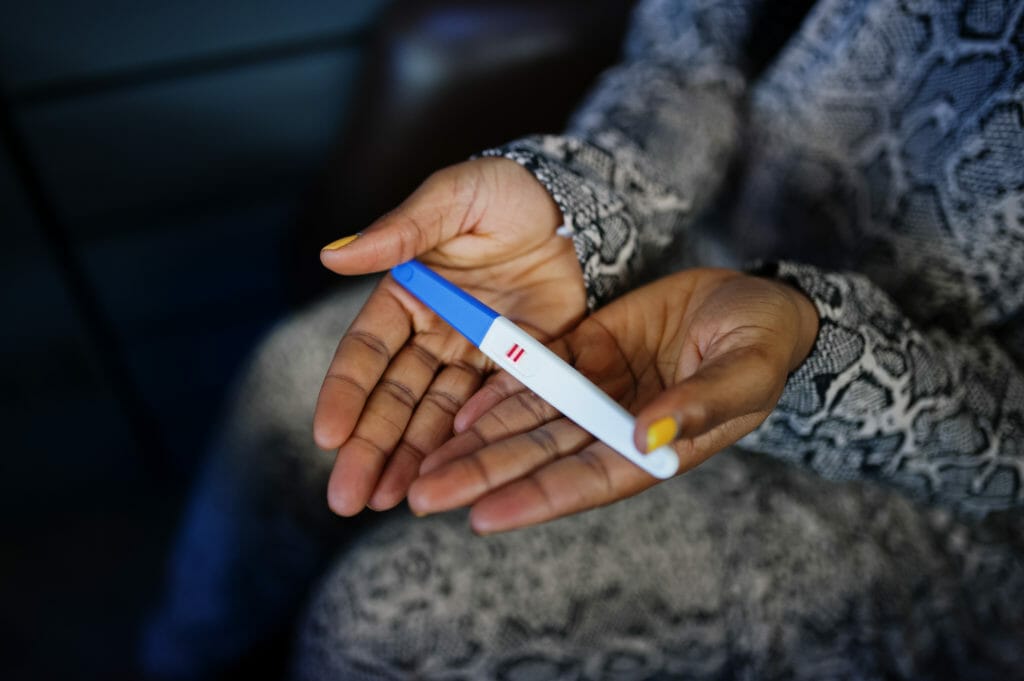
In Switzerland, access to a gynecologist is relatively easy, which might not be the case in many parts of the world.
Additionally, religion and political beliefs in some countries might limit access to specialists. These beliefs might also impact teens’ sexual experiences thus impacting their overall sexual health.
However, there is one topic that is shared among young girls irrespective of geography. According to Dr. Jacot-Guillarmod “the fear of an unintended pregnancy is universal.”
What is the best contraceptive method for teens?
With the exploration of sexuality, teen girls seek information on how to protect from STD and prevent early pregnancy. Naturally, contraception is a key topic for this age group.
Given the many options available we wanted to know if there is a particular option best suitable for teenagers.
The answer is that there is not a single best option. Dr. Jacot-Guillarmod highlights that, it is essential to find a method that suits each patient individually.
“There is no contraception made specifically for teenagers because of their age. It comes down to individual preference plus considerations such as lifestyle, health condition.”
Switzerland follows global trends regarding preferred contraceptive methods among teens. Pills followed by condoms are the most common choices. According to data, almost 80% of girls take hormonal pills.
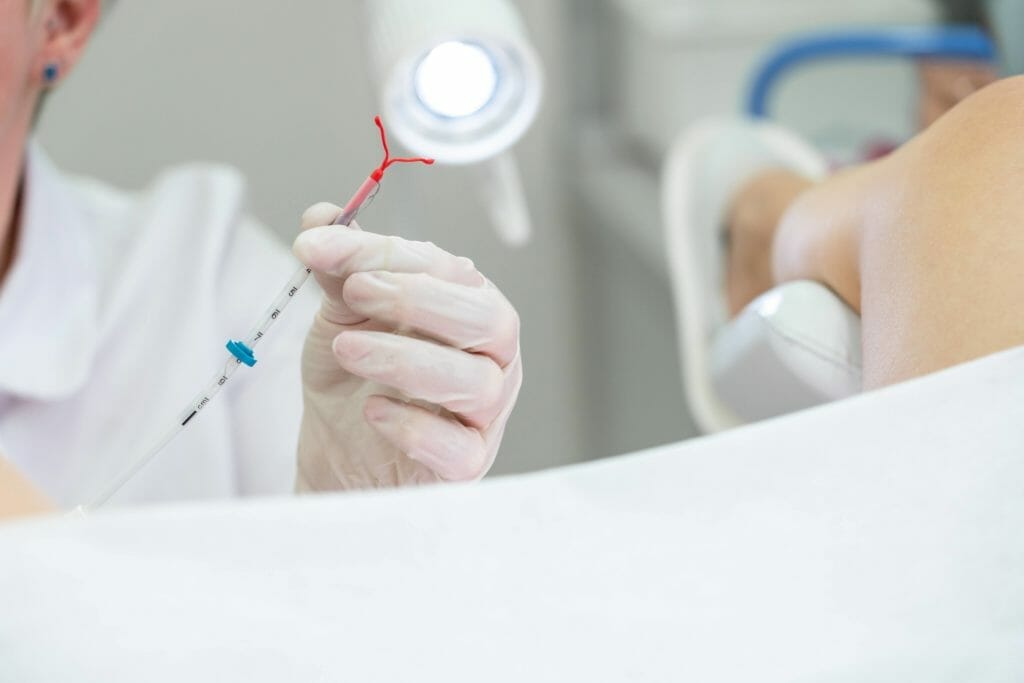
The intrauterine contraceptive device or IUD considered the most efficacious birth control option with 99% efficacy is not as popular however it is gaining momentum in Switzerland. One of the driving forces is the search for non-hormonal birth control options – in this case the Copper IUD.
Dr. Jacot-Guillarmod explains some of the reasons discouraging teens from selecting an IUD:
- Fear of gynecological examination: Before each IUD insertion, a gynecological examination is needed. This is not the case for other contraceptive methods.
- Fear of pain: Because of the young anatomy, inserting an IUD through the cervix into the uterine cavity might cause pain. In the past, IUDs came in only one size. But today there are smaller options specially designed for teens making the insertion procedure more suitable.
- Fear of infertility: There is an old yet strong belief, that IUDs are not adequate for women that have never given birth – because it carries a higher risk of infection, eventually PID (pelvic inflammatory disease).
Dr. Jacot-Guillarmod emphasizes that although IUDs have been scientifically proven to be suitable for the nulliparous woman it will take time to change this common misconception among gynecologists.
“It is scientifically proven that IUDs are as safe for nulliparous women as they are for multiparous ones.”
To close our conversation, we asked Dr. Jacot-Guillarmod if she had a final message, she wanted to share about teen gynecology, and this is what she had to say:
“I would like to encourage girls to look for and find a gynecologist that they trust. When finding a trusted specialist, visit every time there are questions or concerns. It is important to ask questions. It is important to feel heard and reassured during a time when significant hormonal, mental, physical changes are happening. Having the support of a trusted specialist will build a solid foundation for a healthier sexual and reproductive life throughout adulthood.”
Thank you Dr. Jacot-Guillarmod for making time for this interview!

Dr. Martine Jacot-Guillarmod is Adjunct Physician at the Woman, Mother and Child Department of the University Hospital in Lausanne (CHUV) and responsible for the Adolescent Gynecology Consultation. She regularly appears in the Swiss media discussing topics related to gynecology for adolescents.
Share this story:


